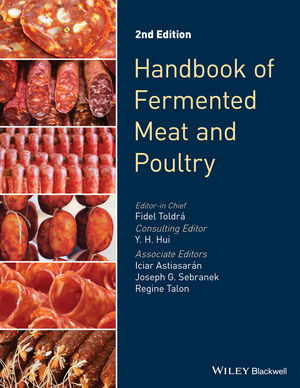Cargill demonstrated how consumer insights drive protein innovation at this week’s North American Meat Institute (NAMI) Annual Meat Conference in Nashville, Tenn.
Cargill’s booth, themed Protein Powered by Insights, featured a 360-degree farm-to-fork experience that illustrates Cargill Protein’s excellence in supply chain, transparency, animal care, sustainability and customer focus. An interactive digital meat case featured 28 value-added deli, fresh and frozen products, including several new items. Additionally, Cargill Protein chefs demonstrated culinary insights by featuring samples of branded products in new recipes such as corned beef quesadillas and cranberry-jalapeno turkey sliders.
“This is where culinary innovation, meat science and consumer insights intersect and result in great-tasting, wholesome protein for consumers and our customers,” said Chuck Gitkin, Cargill Protein chief marketing officer. “We know our customers want to meet growing demand while providing greater variety, new flavors and increased farm-to-fork transparency. We’ve spent the past two years transforming our business to deliver protein powered by insights that help our customers get ahead of these emerging food trends.”
Cargill Protein has invested nearly $850 million in its animal protein business over the past two years, with a focus on long-term growth. Forecasts point to an ongoing demand for more protein as the global population continues to increase to over 9 billion in 2050. USDA is forecasting record meat consumption by Americans in 2018 as the economy continues to improve and ample supplies keep high-quality animal protein affordable.
“Food is Cargill’s business, and our job is to help our customers meet consumers’ needs and move food from shelves and meat cases to dinner tables by employing our data-driven insights on flavor trends, consumer behaviors and shelf-space knowledge,” said Tom Windish, Cargill Protein president of the retail channel. “We believe that is our strength and differentiates us from others in the protein space.”
Source: Cargill






